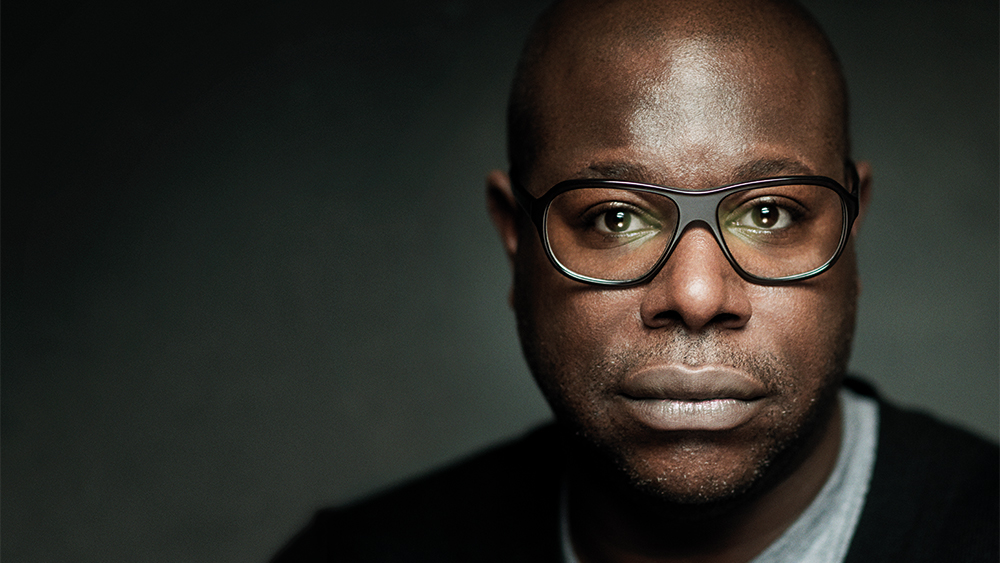‘Small Axe’ Helmer Steve McQueen Receives Creative Impact in Directing Award

British filmmaker Steve McQueen is known for tackling heavy hot-button issues in film, from political strife in Northern Ireland (“Hunger”) to sexual addiction (“Shame”) and slavery in America in “12 Years a Slave,” which netted three Oscars, including for best picture and supporting actress. Among the film’s nine total noms, McQueen received one for directing.
McQueen’s latest project, BBC’s “Small Axe,” carries equal dramatic heft. The Golden Globe-nominated five-part anthology series, which chronicles London’s West Indian community between 1968 and 1982, is a deeply personal one for the filmmaker, this year’s recipient of Variety’s Creative Impact in Directing award.
McQueen will be honored on Feb. 26 as part of its virtual 10 Directors to Watch event with the Palm Springs Intl. Film Society.
Variety executive editor Steven Gaydos says, “In less than a decade, Steve McQueen has established himself as not only one of world cinema’s most celebrated filmmakers, but also one of film’s most vibrant and important voices.
“His new film series, ‘Small Axe’ not only fulfills the promise of his international breakthrough, ‘12 Years a Slave,’ but it reaffirms McQueen’s fierce commitment to telling the stories of underrepresented communities.”
McQueen, who was raised in the West Indian neighborhood, describes the 20 year-period during which “Small Axe” takes place as “very important.” As about half a million Caribbean immigrants flooded Great Britain following World War II to help fill labor shortages, this mass immigration sparked hostility and racism amongst England’s white communities. This societal strife and how the Black community rose up against the tide of racism and anti-immigration forms the core thrust of “Small Axe.”
“It’s a pivotal moment in the Black experience in the U.K., starting in 1968 with [Parliament member] Enoch Powell’s ‘Rivers of Blood’ speech,” says McQueen.
Powell’s speech is infamous for its bigoted rhetoric against multiculturalism.
“It’s a situation where people are cementing their roots in London, and at that time it was a very hostile speech made by this politician, Powell, and how that was testing people’s will and resistance at that time,” says McQueen. “Through the ’70s, there were situations where people were being challenged, as well as in the ’80s. I wanted to look at the events as they unfolded during this time. Those were the moments when we had to put in much resistance.”
In a certain regard, through “Small Axe,” McQueen is recounting the story of his own journey growing up and carving out a career in showbiz. While studying at the University of the Arts London, he set out to resist the traditional elements of filmmaking. McQueen knew from very early on that he had no interest in creating films that would appeal to a mainstream audience. Rather, he wanted to make movies that remained truthful to himself.
“I don’t do style,” says McQueen. “I do stuff that I believe in. Every time I make something, always from ‘Hunger’ and onward, I always think this could be the last thing I’ll ever make, so let’s go out with two guns blazing. I’d be lucky enough to possibly get another chance, but what I’m focusing on is the here and now. So it has to be the best I could possibly do at that time and hopefully I’ve gotten better and get another opportunity to make a movie.
